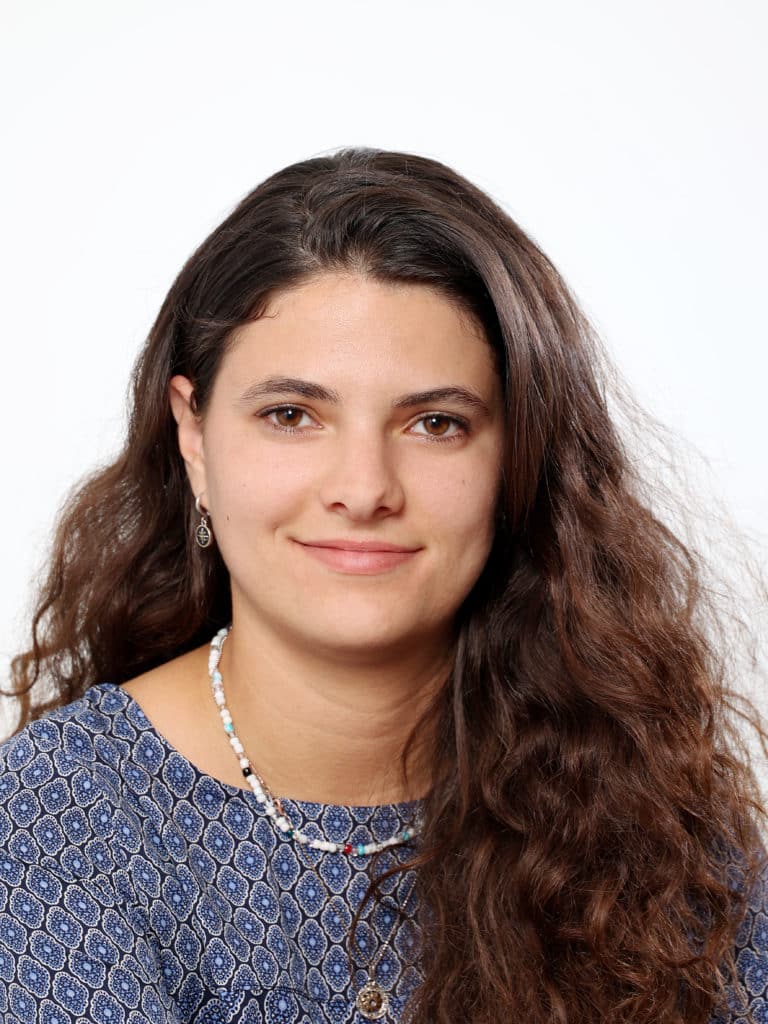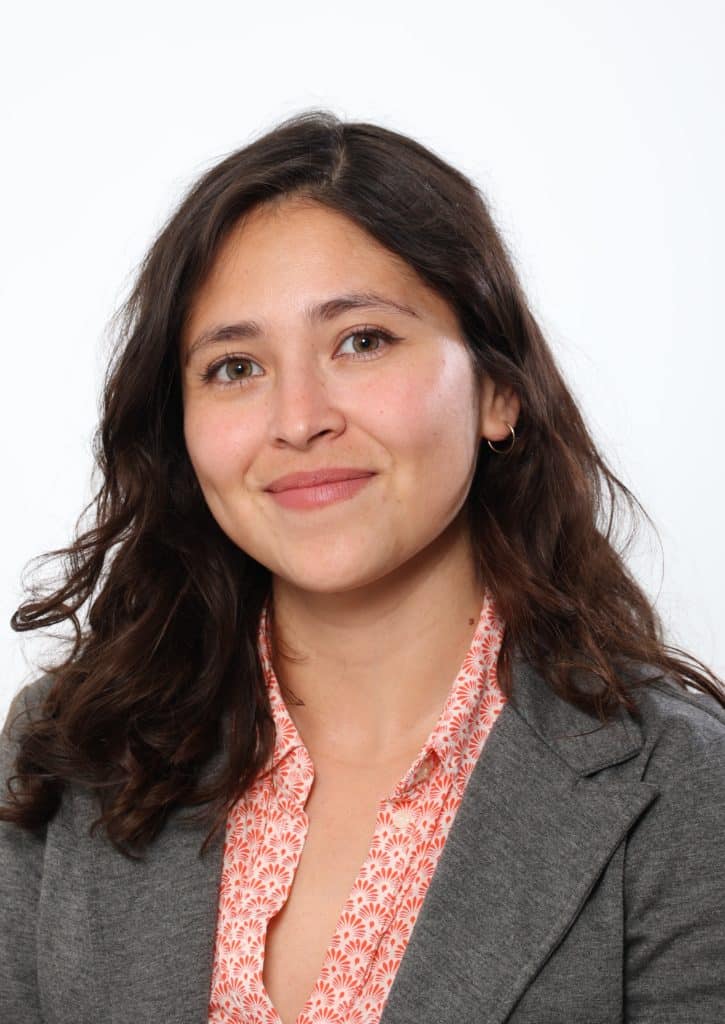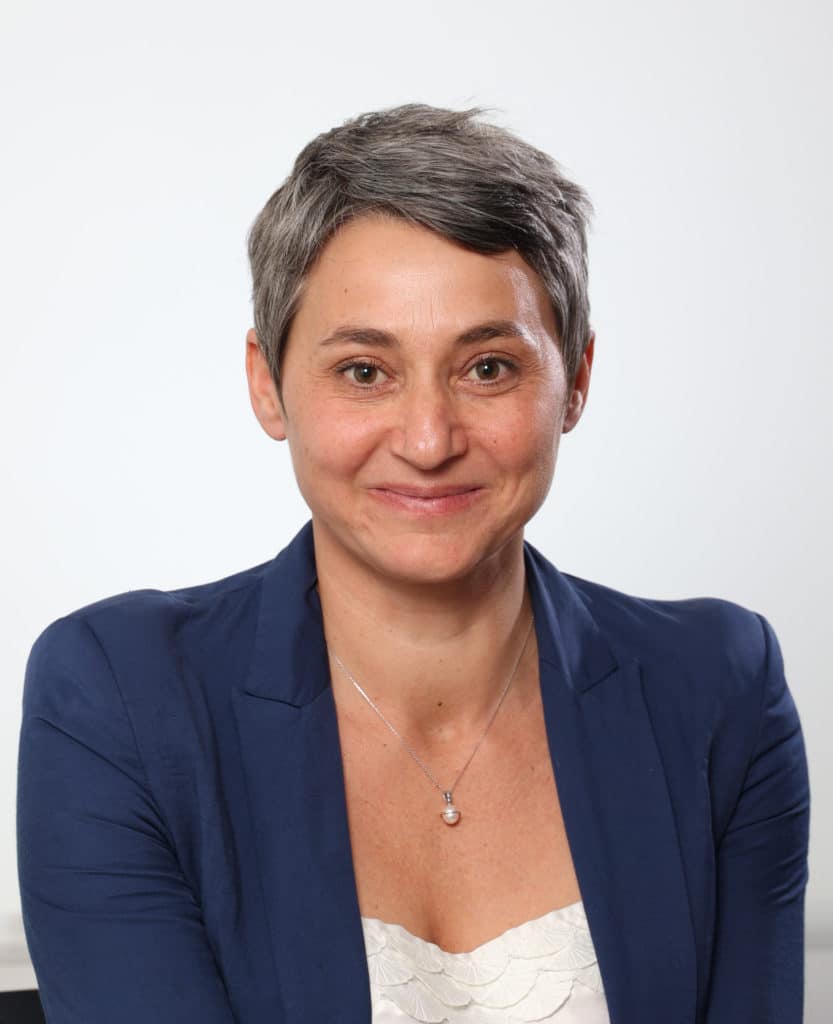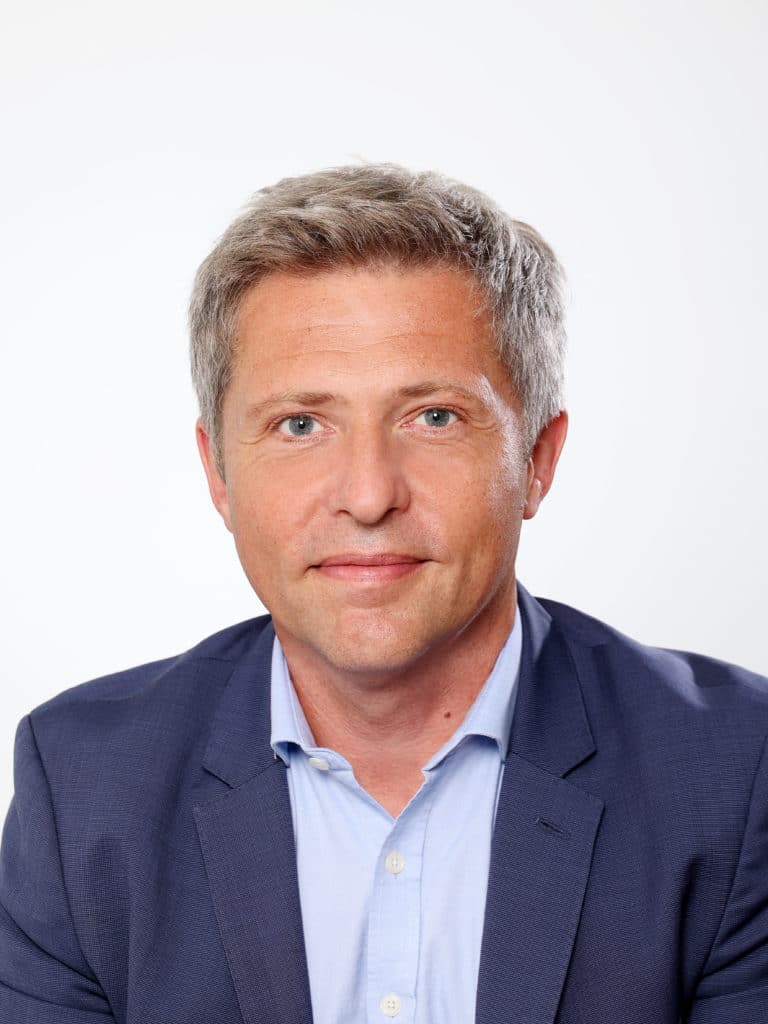Il est important de reconnaître les liens plus larges entre la stabilité économique, la durabilité de l’environnement et la résilience. Les changements climatiques et ses conséquences, à savoir les phénomènes météorologiques extrêmes, l’élévation du niveau de la mer et la raréfaction des ressources, entre autres, peuvent avoir des conséquences économiques considérables, notamment une augmentation des coûts, des perturbations dans les chaînes d’approvisionnement et une baisse de la productivité au niveau national et local. La collaboration et l’échange à plusieurs niveaux sont essentiels pour aider à protéger les communautés du monde entier contre ces défis croissants.
Les villes sont souvent en première ligne face à ces défis, cela leur permet de développer des solutions innovantes, holistiques et bénéfiques à plusieurs échelons pour faire face à ces chocs et pressions. Les gouvernements nationaux peuvent beaucoup apprendre des villes et transposer ces solutions à plus grande échelle lors de l’élaboration de leurs politiques nationales. Dans le même temps, les villes peuvent également mobiliser des ressources, des partenariats et de l’expertise au niveau national en vue d’accélérer leurs initiatives en matière de résilience urbaine.
Des initiatives telles que la Loi sur la Réduction de l’Inflation (IRA) aux États-Unis montrent le bienfondé et la puissance de collaborations variées visant à permettre aux villes de lutter contre la crise climatique et d’atténuer ses effets sur les communautés les plus vulnérables.
La France a commencé à poser les jalons d’initiatives nationales en matière de résilience, notamment en officialisant une journée nationale de la résilience, en accord avec la Journée internationale de la Réduction des Risques de Catastrophe. La France a récemment renouvelé le cadre des EcoQuartiers français pour des villes inclusives et durables. Ce cadre offre aux villes et à leurs habitants la possibilité d’adopter un mode de vie en réponse aux grands défis du climat, de la biodiversité et de la cohésion sociale, tout en s’appuyant sur les ressources locales.
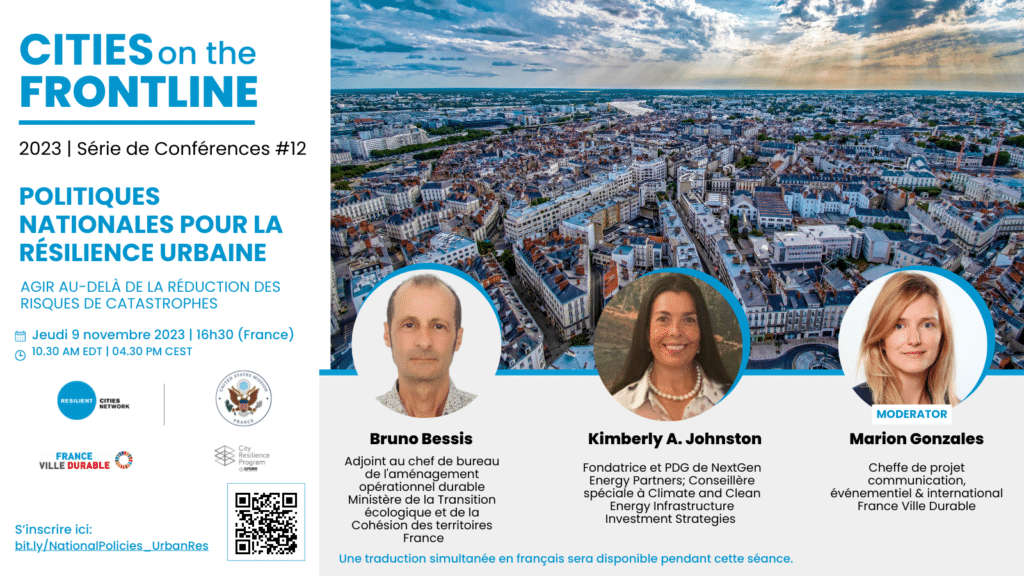
La douzième session de la série de conférences Villes en première ligne 2023, avec le soutien de l’Ambassade des États-Unis d’Amérique en France et en collaboration avec les partenaires France Villes et territoires Durables et la Banque mondiale, traitera des questions de “Politiques nationales pour la résilience urbaine : Agir au-delà de la Réduction des Risques de Catastrophes”.
Nos invités sont Kimberly A. Johnston, Fondatrice et PDG de NextGen Energy Partners; Conseillère spéciale à Climate and Clean Energy Infrastructure Investment Strategies ; pour parler du IRA dans le contexte de la résilience urbaine aux Étas-Unis et Bruno Bessis, Conseiller International auprès du Directeur Adjoint du Développement et Ville Durable, Ministère de la Transition Ecologique en France pour parler des mesures prises par la France pour faire progresser la résilience à travers la transformation sociale et écologique.



